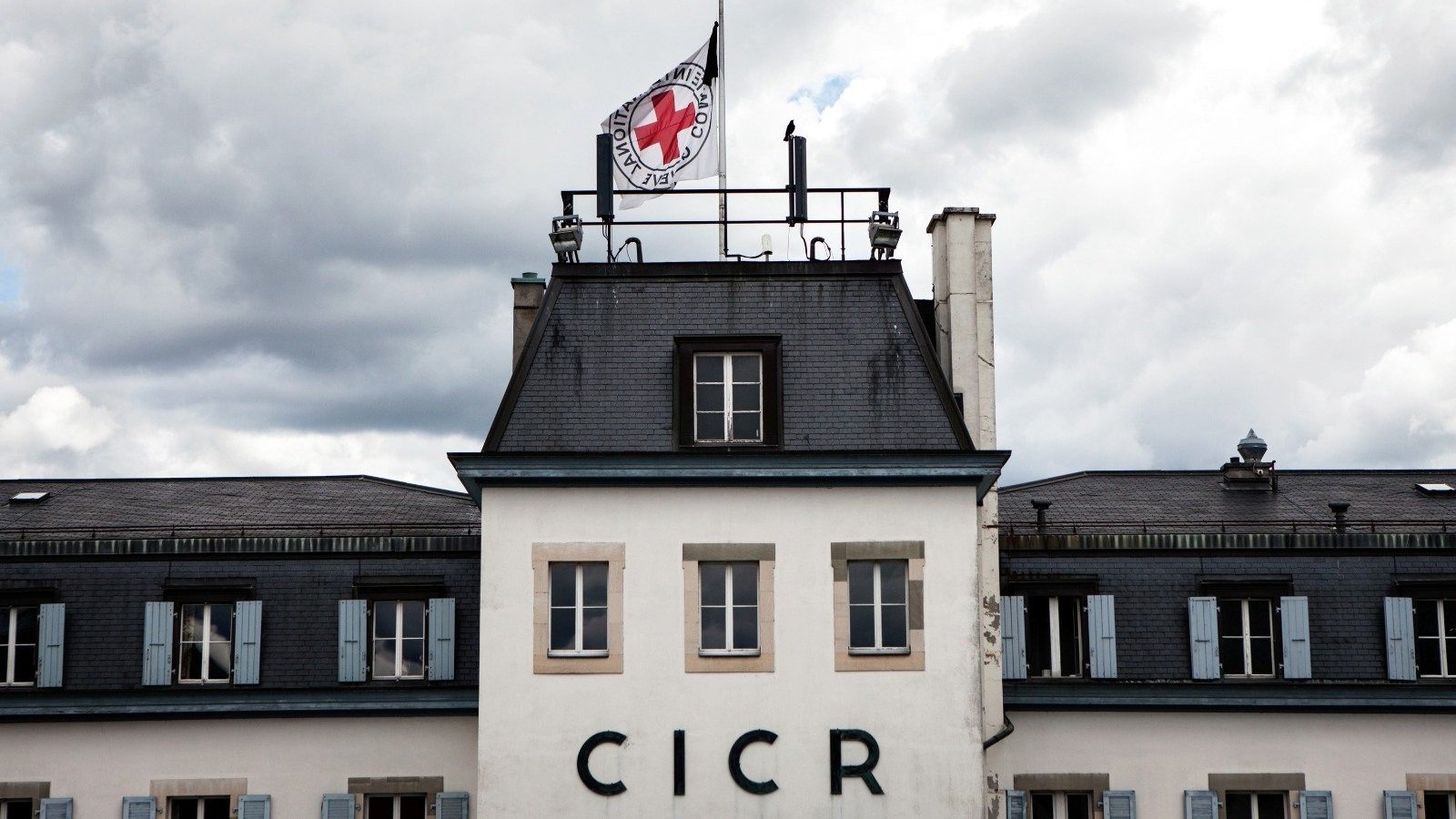Announcing Our New Partner, the International Committee of the Red Cross
FOR IMMEDIATE RELEASE
London, UK, July 2022 –– Today, London Politica welcomed the International Committee of the Red Cross (ICRC), one of the world’s largest and most historical humanitarian organisations, to its growing list of partners in the NGO and non-profit sector. Over the last two months, London Politica has been conducting research for the ICRC for an overview of the development aid sector.
ICRC’s Development Actors Partnerships Manager, Andrea Ferreira, said: “As conflicts become more protracted, the resources and capacities of the entire aid ecosystem must be harnessed into wider systemic responses to increasing, and increasingly complex, humanitarian needs. Addressing such needs in environments of conflict, violence and fragility requires first ensuring sustainable humanitarian impact. We are pleased to have worked with London Politica to further understand the synergies within the aid sector in this space.”
London Politica's Founder and CEO, Manas Chawla, said: “As an ever more volatile geopolitical climate emerges against the backdrop of a world recoiling from the humanitarian impact of the pandemic, the development aid sector remains a crucial life-line for millions of at-risk populations across the world. It’s an honour for London Politica to be supporting the ICRC, one of the most widely recognized institutions in the world, in mapping out the constantly evolving humanitarian sector.”
About the International Committee of the Red Cross: established in 1863, the ICRC operates worldwide, helping people affected by conflict and armed violence and promoting the laws that protect victims of war. An independent and neutral organization, its mandate stems essentially from the Geneva Conventions of 1949.
About London Politica: London Politica is the world’s largest pro-bono political risk advisory run by an international team of university students and young professionals. Leveraging a global network of experts, London Politica seeks to democratise the political risk industry by servicing sectors and entities traditionally priced out of the industry, such as NGOs, charities and nonprofits.

